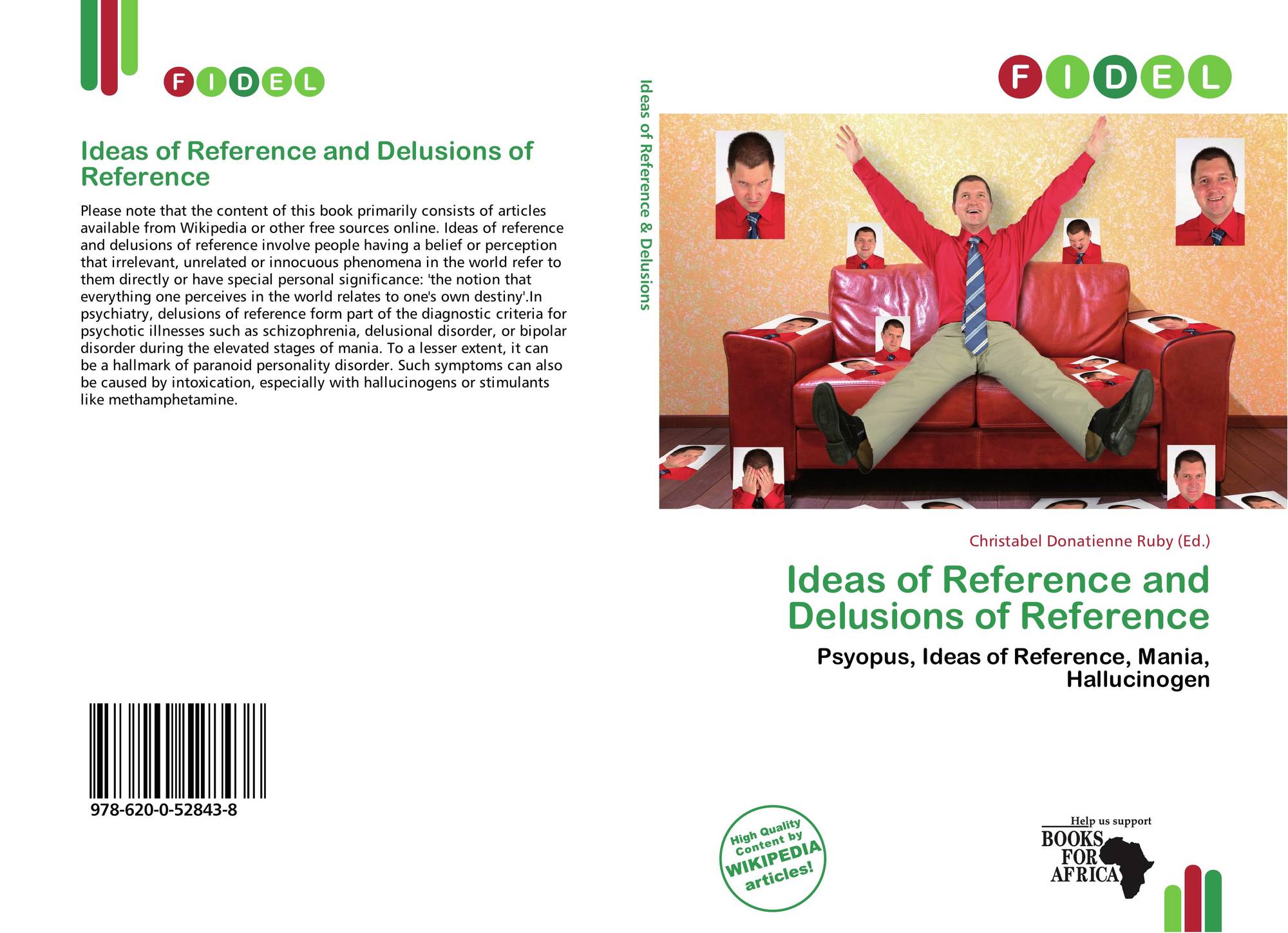Ideas of Reference Delusions in 2025: An Exploration of Current Trends and Future Implications
Related Articles: Ideas of Reference Delusions in 2025: An Exploration of Current Trends and Future Implications
- Easy And Fast Dinner Ideas With Cheese 2025: Culinary Delights For The Time-Crunched
- Ideas Lab Salzburg 2025: Shaping The Future Of Knowledge, Innovation, And Society
- Best Pizza Topping Ideas For 2025: A Culinary Odyssey
- Minecraft Fiestas 2025: Unleashing Creativity And Innovation
- Transparent Clipart Ideas For 2025: A Comprehensive Guide
Introduction
In this auspicious occasion, we are delighted to delve into the intriguing topic related to Ideas of Reference Delusions in 2025: An Exploration of Current Trends and Future Implications. Let’s weave interesting information and offer fresh perspectives to the readers.
Table of Content
Video about Ideas of Reference Delusions in 2025: An Exploration of Current Trends and Future Implications
Ideas of Reference Delusions in 2025: An Exploration of Current Trends and Future Implications

Introduction
Ideas of reference delusions (IRDs) are a type of delusion in which an individual believes that seemingly unrelated events or objects are somehow connected to them personally. These delusions often involve a sense of persecution or surveillance, and can have a significant impact on an individual’s daily life. While IRDs have been recognized for centuries, their prevalence and characteristics are constantly evolving, influenced by cultural, social, and technological factors. This article explores the current trends in IRDs and discusses their potential implications for the future.
Prevalence and Risk Factors
IRDs are relatively common, affecting approximately 2-3% of the general population. They are more prevalent in individuals with schizophrenia, bipolar disorder, and other psychotic disorders. However, IRDs can also occur in individuals without a history of mental illness.
Risk factors for IRDs include:
- Social isolation and loneliness: Individuals who lack social support may be more likely to develop IRDs as they may interpret everyday events as signs of persecution or rejection.
- Substance use: Alcohol and drug use can increase the risk of IRDs by altering brain chemistry and impairing cognitive function.
- Certain personality traits: Individuals with paranoid or suspicious personalities may be more prone to developing IRDs.
- Cultural factors: Cultural beliefs and values can influence the content and severity of IRDs.
Current Trends
In recent years, several trends have emerged in the presentation and treatment of IRDs:
- Increasing use of social media: Social media platforms provide a fertile ground for IRDs, as they allow individuals to constantly monitor and interpret the actions of others.
- Rise of conspiracy theories: The proliferation of conspiracy theories online and in the media has contributed to an increase in IRDs related to surveillance, control, and persecution.
- Changes in diagnostic criteria: The recent revision of the Diagnostic and Statistical Manual of Mental Disorders (DSM-5) has expanded the criteria for IRDs to include beliefs that one’s thoughts or actions are being controlled or influenced by external forces.
- Advancements in treatment: The development of new antipsychotic medications and cognitive-behavioral therapies has improved the treatment outcomes for IRDs.
Future Implications
As technology continues to advance and social norms evolve, the prevalence and characteristics of IRDs are likely to continue to change. Some potential future implications include:
- Increased use of artificial intelligence (AI): AI systems are becoming increasingly sophisticated and are used in various aspects of daily life. This could lead to a rise in IRDs related to concerns about surveillance, privacy, and control.
- Virtual reality (VR) and augmented reality (AR): VR and AR technologies can create immersive experiences that blur the lines between reality and fiction. This could exacerbate IRDs by making it more difficult for individuals to distinguish between real and perceived threats.
- Social media addiction: The addictive nature of social media can contribute to social isolation and loneliness, which are risk factors for IRDs.
- Political and social unrest: Periods of political and social unrest can create a sense of uncertainty and anxiety, which can increase the risk of IRDs.
Conclusion
Ideas of reference delusions are a complex and evolving phenomenon that can have a significant impact on an individual’s life. As society continues to change and technology advances, it is important to understand the current trends in IRDs and their potential implications for the future. By raising awareness, improving diagnostic tools, and developing effective treatments, we can help to mitigate the impact of IRDs and promote mental well-being.
![[IMGSRCTITLE2]](https://www.verywellhealth.com/thmb/vs_julnvIKQOVe-s_fmr_deuRBw=/1500x0/filters:no_upscale():max_bytes(150000):strip_icc()/delusions-5113070-Final-a1141c0a3f814314b2f58b25f3544dde.gif)
![[IMGSRCTITLE3]](https://www.verywellmind.com/thmb/4Y_TZFVD8LfIK4xiDfJWACqX33g=/1500x1000/filters:fill(ABEAC3,1)/definition-of-delusion-4580458_final-994d6a3598ad48c081f3974290c13714.png)
![[IMGSRCTITLE4]](https://www.thelancet.com/cms/attachment/e969ed1e-4b8a-4c8c-8397-464793947e71/gr3_lrg.jpg)
![[IMGTITLE5]](https://i.ytimg.com/vi/KoqAN3YR0CM/maxres2.jpg)
![[IMGTITLE6]](https://i.pinimg.com/236x/12/e8/7f/12e87f3c6349b5f77dc90430ae21638b--fun-facts.jpg)
![[IMGTITLE7]](https://image1.slideserve.com/2036157/symptoms-delusions1-l.jpg)
![[IMGTITLE8]](https://scales.arabpsychology.com/wp-content/uploads/2023/08/ideas-of-reference-or-delusions-of-reference.jpg)
![[IMGTITLE9]](https://i.ytimg.com/vi/CZXPXN6pNU8/maxresdefault.jpg)
Closure
Thus, we hope this article has provided valuable insights into Ideas of Reference Delusions in 2025: An Exploration of Current Trends and Future Implications. We thank you for taking the time to read this article. See you in our next article!